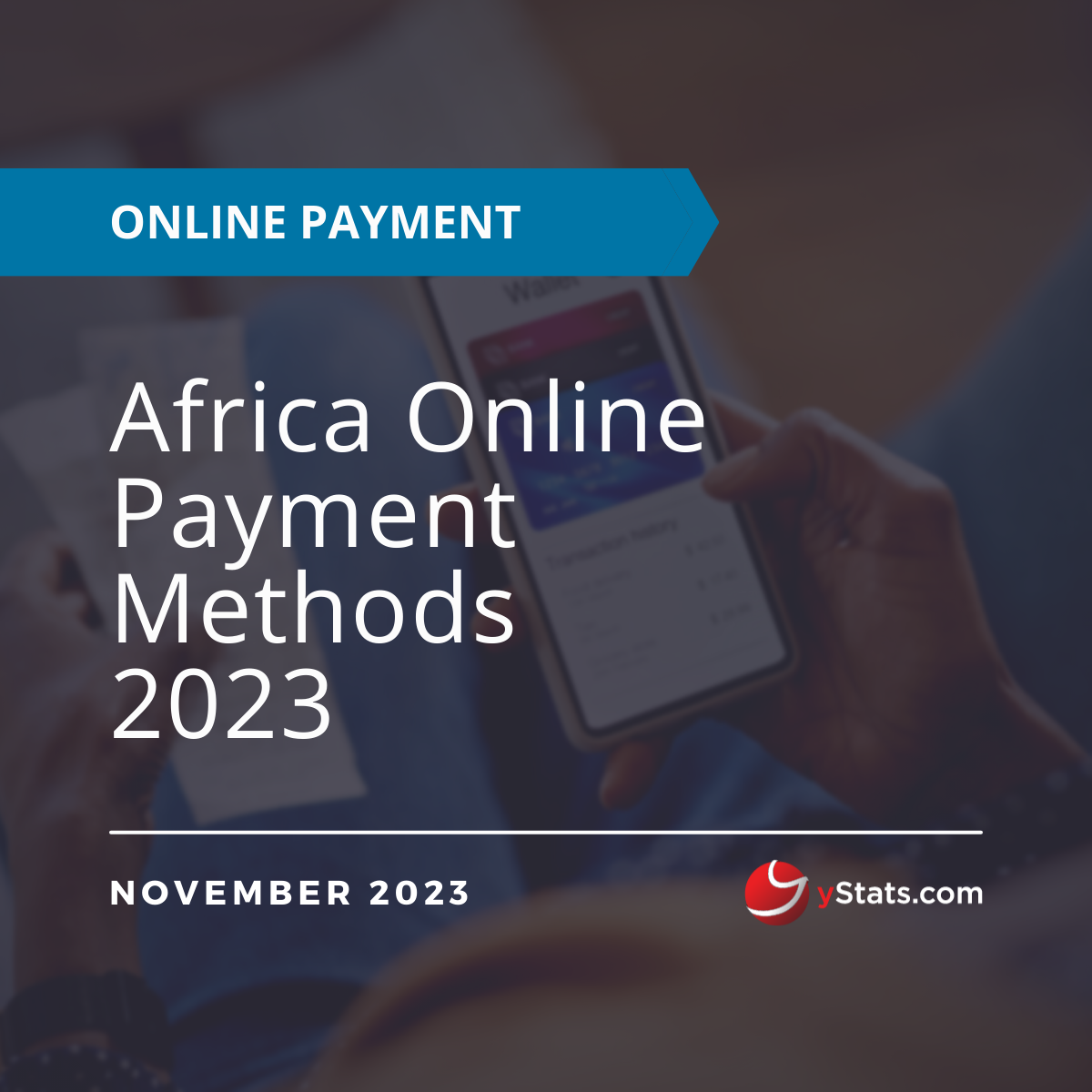Description
Countries Covered: South Africa, Nigeria, Kenya, Egypt, Ghana, Ethiopia
Pages: 67
Publication Date: 11/04/2024
Questions Covered:
- What percentage of total retail sales in Africa were conducted online in 2023?
- How are digital wallets and instant payment systems in Africa contributing to financial inclusion?
- How are the key players in the realm of B2C E-Commerce in Africa impacting the market?
- What does Nigeria forecast in terms of real-time payment transactions by 2027?
- How is the dominance of social media channels impacting MSME sales in Egypt?
Key Findings:
Unlocking Africa’s Digital Frontier: New Report Reveals Explosive Growth in B2C E-Commerce
The report reveals a seismic shift from cash to digital and instant payments sweeping across Africa, exemplified by Nigeria’s remarkable drop in cash transactions from 95% in 2019 to 80% in 2022. This transition underscores the continent’s embrace of digital wallets and instant payment systems, which are rapidly becoming consistent, bolstering financial inclusion and efficiency.
“Africa’s E-Commerce landscape is undergoing a transformative evolution, driven by technological innovation and shifting consumer preferences,” says Yücel Yelken, Founder and CEO of yStats.com. “Our latest report captures the dynamism of this market, offering invaluable insights for businesses seeking to capitalize on the continent’s digital revolution.”
Africa’s digital payment ecosystem is witnessing unprecedented growth, fueled by strategic partnerships such as Mastercard and Mono’s collaboration in Nigeria, introducing ‘Pay with Bank’ for seamless account-to-account transactions. Additionally, innovative entries like Unlimit’s expansion into Tanzania are poised to revolutionize financial services, promising comprehensive solutions to enhance digital commerce and financial inclusion.
Moreover, Africa’s adoption of cryptocurrencies as alternatives to traditional financial systems signals a paradigm shift, particularly evident in countries like Zimbabwe. With a young demographic spearheading this movement, coupled with initiatives like the Bitcoin Lightning Network, Africa is poised to take strong steps towards the adoption of digital currency despite regulatory and infrastructural challenges.
In the realm of B2C E-Commerce, key players like Amazon, Jumia, Takealot, and Konga are driving innovation and competition, offering diverse consumer experiences tailored to local needs. Amazon’s imminent launch in South Africa is poised to reshape the market, while companies like Takealot and Konga fortify their positions through infrastructure enhancement and strategic partnerships.
According to estimates, 3.5% of total retail sales in Africa were conducted online in 2023, signaling a significant opportunity for growth. However, challenges persist, with MSMEs citing unreliable access to electricity and consumer trust issues as primary concerns.
Looking ahead, Nigeria forecasts a staggering rise in real-time payment transactions, reaching 8.9 billion by 2027, while Kenya must prioritize digital infrastructure integration and regulatory reforms to optimize E-Commerce growth. In Egypt, the dominance of social media channels in MSME sales underscores the evolving nature of online commerce.






